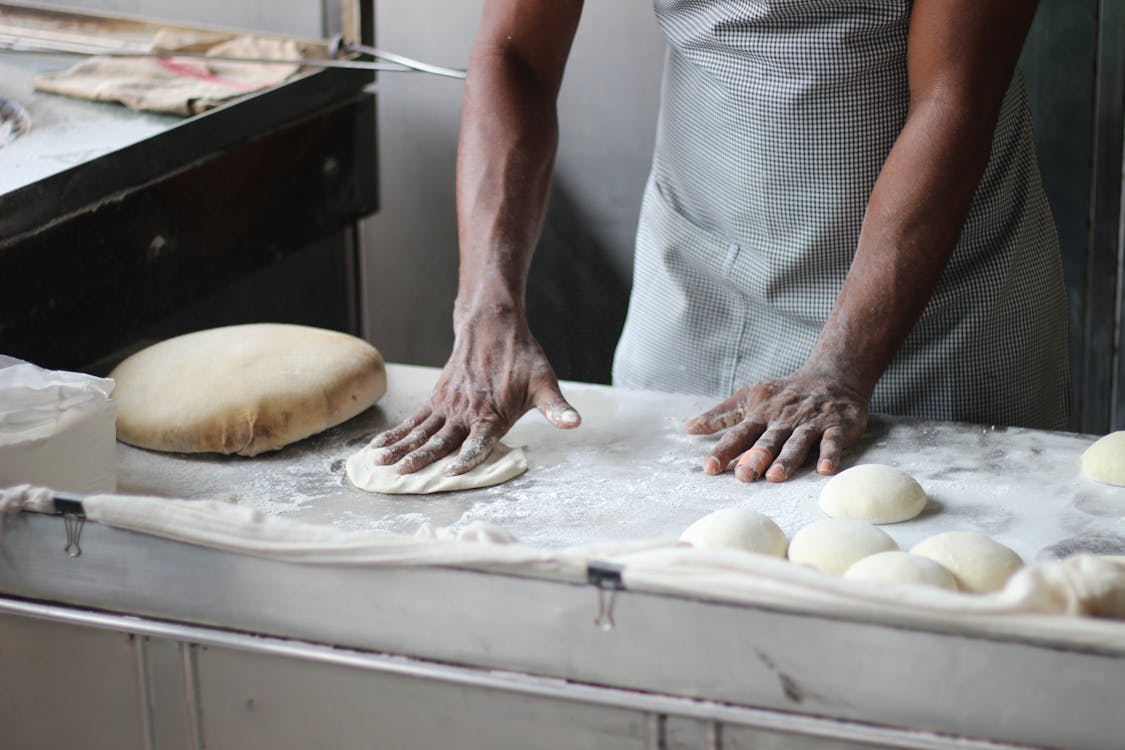Baking is
both an art and a science. While there are plenty of creative and artistic
aspects to baking, there is also a lot of science behind it. Understanding the
chemical reactions that occur during baking can help you create perfect
pastries every time. Here are some tips and tricks to help you master the
science of baking:
- Accurate Measuring: Baking is
all about precision, so it's important to measure your ingredients
accurately. Invest in a good kitchen scale and use measuring cups and
spoons to ensure that you are using the exact amount of each ingredient.
- Temperature Control:
Temperature plays a critical role in baking. Make sure your ingredients
are at room temperature before you begin mixing them. Use a thermometer to
ensure that your oven is at the correct temperature and check the internal
temperature of your baked goods to make sure they are cooked through.
- Mixing Techniques: Different
mixing techniques can affect the texture and structure of your baked
goods. For example, beating egg whites until stiff peaks form can create a
light and airy cake. On the other hand, overmixing can result in a tough
and chewy texture.
- Leavening Agents: Leavening
agents like baking powder and baking soda create the rise in baked goods.
Make sure to use the correct amount and mix them well with the other dry
ingredients to ensure even distribution.
- Resting Time: Resting time
allows the gluten in the dough or batter to relax and the flavors to meld.
Letting your dough or batter rest before baking can help create a better
texture and flavor.
- Oven Placement: The position of
your baked goods in the oven can affect the way they cook. For example,
placing a pie on the bottom rack can help create a crisp crust, while
placing it on the top rack can result in a softer top.
Baking can
be a fun and rewarding experience, but it can also be challenging. By
understanding the science behind it, you can take your baking to the next level
and create perfect pastries every time.


إرسال تعليق